譚偉恩:區域政治中的衝突與合作:歐洲與拉美的檢視
/in Research & Working Papers /by cils.nccu一、區域性的國際關係:敵友關係如何判定?
區域性的國際關係不同於以全球為範圍的世界政治,蓋特定區域中的行為者數目相對穩定,並在地理條件的限制下呈現彼此互動的常態性。除非今有外部勢力介力或是區域本身發生重大事故,否則區域政治的不變性大於變動性。
以「行為者數」與「地理條件」兩個變數進行觀察,區域國家判定彼此身份的參照點有二:觀念或物質力量。綜合兩個變數與兩個參照指標,區域性的國際關係在理論上有下表的16種可能性。
譚偉恩:經濟發展:理論淺析與國家個案
/in Research & Working Papers /by cils.nccu譚偉恩
Milovan Djilas曾說過,沒有資本的援助,低度發展國家不可能興起。毋寧,所有的發展都是「依附性」的。除了仰賴外資,國家追求發展的另一個策略就是透過區域主義,即在一定地理範圍內與鄰近的國家以經貿聯盟的方式去擴大市場規模,同時保護本國產品免受過多的外部競爭。區域主義策略的進化版是有關投資規則的協定或是制定專屬於區域的產業網絡。前者讓發展中國家可以和北方的跨國公司進行議價,後者讓區域性的同質產業集中化,成為一方之霸。
譚偉恩:福禍相倚:《台紐經濟合作協定》的迷思
/in Research & Working Papers /by cils.nccu譚偉恩
能與非正式邦交國簽署經貿性的法律文書確定台灣在涉外貿易上的利益,是一件重要成就,且應特別感謝經濟部經貿談判代表辦公室無日無眠地長期努力。惟《台紐經濟合作協定》(英文全稱:The Agreement between New Zealand and the Separate Customs Territory of Taiwan, Penghu, Kinmen, and Matsu on Economic Cooperation, ANZTEC;以下均簡稱ANZTEC)的法律性質和政策效果需要辯明與更多的討論,以釐清若干似無若有的迷思。
